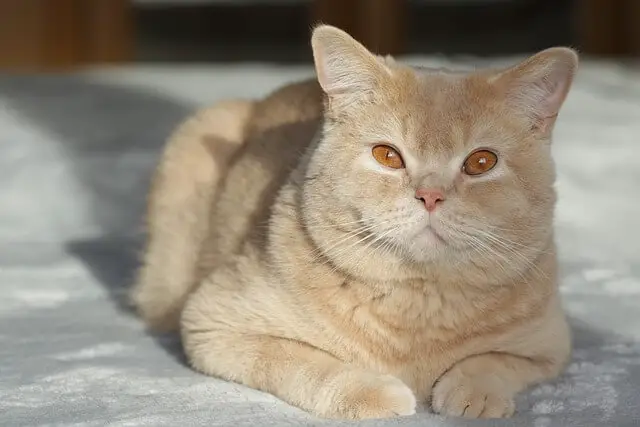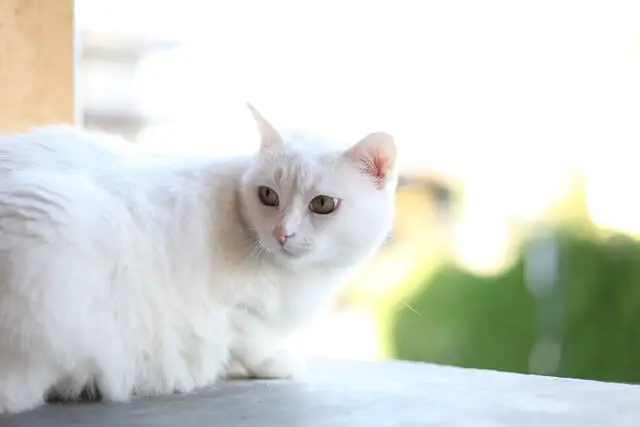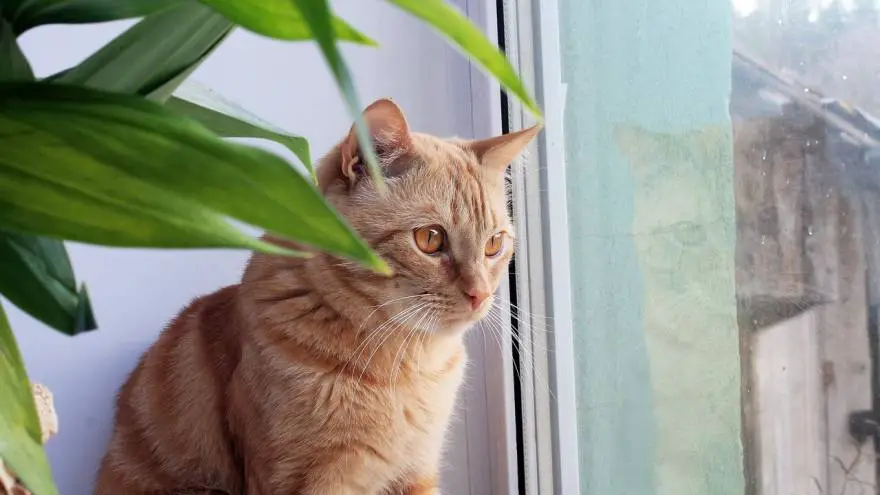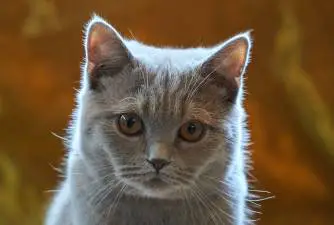Heart Murmur In Cats - Causes, Symptoms & Cat Breeds Prone To It
09.01.2023.
Cats are susceptible to various diseases that can affect their health. One of these diseases is a heart murmur. This is especially true for young kittens, but heart murmurs can also be seen in adult cats. In most cases, a heart murmur will appear because of a different underlying health condition, and the correct treatment will vary.
If your cat is diagnosed with a heart murmur, it is important to listen to your vet and follow his instructions. Most cats will be able to recover fully.
What is a heart murmur in cats?
Heart murmur in cats is an abnormal sound, and the easiest way to notice this is for your vet to use a stethoscope. A normal cat's heart will make two normal sounds in a normal state, and if your vet manages to hear a "whoosh" sound, it will indicate a heart murmur.
A heart murmur isn't necessarily always dangerous; in some situations, it could be normal, given the facts and your cat's surroundings.

Do all hearth murmurs in cats sound the same?
The shortest answer is- no. The exact loudness of a heart murmur can vary from very quiet to very loud. Vets use the scale from I-VI to indicate the loudness of a heart murmur, with I being the quietest and VI the loudest.
Heart murmurs in cats are characterized by the loudness, the time in which they occur, and the duration. Depending on the type your cat has and the sounds he hears through the stethoscope, it will give your vet a clear picture of his next moves and the proper treatment for your cat.
Heart murmur in cats grades
Heart murmur in cats is divided into six categories based on the subjective opinion of your vet and what he hears through the stethoscope.
- Grade I: it can be pretty hard to hear, and only experienced vets will be able to recognize it
- Grade II: pretty quiet; most vets will be able to hear and diagnose it
- Grade III: the most common heart murmur grade, with the medium loudness
- Grade IV: loud heart murmur that can be noticed all over the chest area
- Grade V: pretty loud heart murmur that, in most cases, could be heard even without the stethoscope, followed by the vibration of the cat's chest
- Grade VI: most of this grade of heart murmur also could be heard even without the stethoscope, followed by many vibrations on the cat's chest
What are the causes?
Generally speaking, there are two different causes of heart murmur in cats
- Physiological
- Caused by certain diseases

Physiological heart murmur
This type is often time called the innocent heart murmur since it will not cause any impact on your cat's health. It is most commonly seen in young kittens, more specifically, the ones that grow rapidly.
A physiological heart murmur can be hard to diagnose since there will be no visible symptoms of this problem (in most cases), and this type will usually be graded I-II on a heart murmur scale.
Heart murmur caused by disease
Several health conditions can affect your cat and lead to the development of a heart murmur. Some of them could be dangerous, while others should be taken care of, but your cat's life will not be in danger.
These are the most common causes of heart murmur in cats
- Anemia
- High blood pressure
- Hyperthyroidism
- Heart defects
- Serious dehydration
- Blood clots in the heart
- Heart valves infection
- Stenosis of the valves
- Cardiomyopathy
- Heartworms
Depending on the exact health problem that is bothering your cat, the treatment will vary in treating heart murmurs.
Are any cat breeds more prone to heart murmur?
Generally speaking, all cats are susceptible to the development of heart murmur. However, some cat breeds have a genetic predisposition and a higher possibility of developing this health condition.
Cats breed prone to heart murmurs are
- American shorthair
- British shorthair
- Chartreux
- Maine coon
- Norwegian forest cat
- Persian
- Ragdoll
- Siamese
- Sphynx

Are there any signs or symptoms of heart murmur in cats?
Since there are six different degrees of a heart murmur, symptoms and signs could vary. Don't be surprised if your cat is diagnosed with a heart murmur but doesn't show any symptoms. This is most usually seen in degrees I and II.
For others, some visible symptoms should indicate that something is bothering your cat. Again, depending on the main problem affecting your cat, the symptoms can vary, and different cats can exhibit different signs.
The most commonly seems symptoms of a heart murmur in cats include
- Problems with breathing
- Decreased appetite
- Weight loss
- Lethargy
- Collapsing
- Coughing
- Fast breathing
- General weakness
- Paralysis in hind limbs
Whenever you notice some strange behavior or symptoms that can indicate something is bothering your cat, you should immediately contact your vet and schedule a meeting. Only this way can you be sure that your cat will receive proper treatment.
How do vets diagnose heart murmur in cats?
With a stethoscope, your vet will be able to determine what grade of heart murmur your cat has and, from there, could understand what types of health issues could be bothering your cat. With a stethoscope alone, your vet will not be able to make a full diagnosis, and your cat will need some extra testing.
In most cases, your vet will determine
- Blood work
- Chest radiographs
- Ultrasound
- Electrocardiogram
Depending on the result of these tests, your vet can precisely determine what health condition is bothering your cat and set the right treatment.
What is the right treatment for heart murmur?
Heart murmur alone will not require treatment since this is a symptom of a certain health issue that is bothering your cat. To remove heart murmur from your cat's life, you must address the issue that is bothering your cat.
Once your vet sets the right diagnosis and fully understands what is causing the heart murmur, you can begin to treat your cat. The heart murmur will also disappear when the underlying health issue is resolved.
Treatment can last from a few weeks to a few months, depending on the main issue, but the best thing you can do is strictly follow your vet's instructions to prevent additional health problems for your cat.
What is the prognosis for the cats?
Depending on the type of heart murmur and the main cause, the prognosis will vary from bad to excellent. If your cat is diagnosed with physiologic heart murmurs, the prognosis is great since this is a benign problem and will go away without any consequences.
For others, the prognosis will greatly depend on the main health problem that is bothering your cat. Every case is different, and according to that, the treatment will also vary. The best thing you can do is to follow your vet's instructions, and only that way can you ensure proper care for your cat and hope for the best results.
World Cat Finder Team







Share